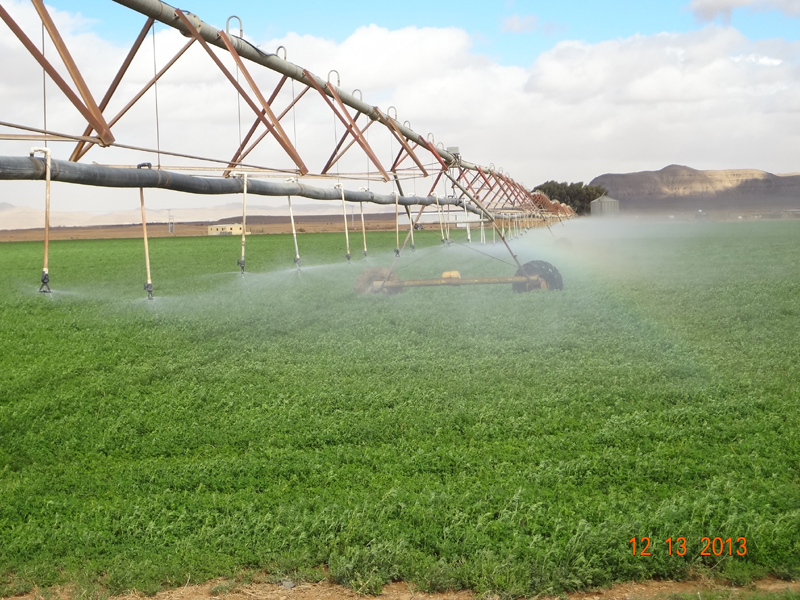For my PhD I work on the LAMACLIMA project (LAnd MAnagement for CLImate Mitigation and Adaptation, https://climateanalytics.org/projects/lamaclima/). Its objective is to advance the scientific and public understanding of Land Cover (LC) and Land Management (LM) effects on the climate system and to elaborate sustainable land-based climate adaptation and mitigation measures. I ran several simulations using the Community Earth System Model (CESM) to tackle this question. Three land cover and land management strategies are considered: forestation, irrigation and wood harvesting. These are studied initially by performing sensitivity experiments in which we run the Earth System Model (ESM) with large scale changes in LCLM, as for example a fully forested world. These can then be compared to a reference simulation of the current climate to deduce the climatic impact of the applied large scale LCLM change. To strengthen the robustness of these findings we compare the model output from CESM to two different ESMs participating in the LAMACLIMA project. These findings are communicated with economic modelling groups and a group working on a climate emulator in order to use our results to deduce climatic impacts of LCLM changes on economic indicators such as labour productivity, etc. All of these results were used in stakeholder workshops to work out some ‘optimised’ land use scenarios for the future in which climate mitigation and adaptation are combined with an optimised economic growth. These land cover scenarios are then used as a baseline to do simulations with the ESMs (including CESM) to uncover how effective the measures made in these scenarios are as a means of climate mitigation and adaptation.


